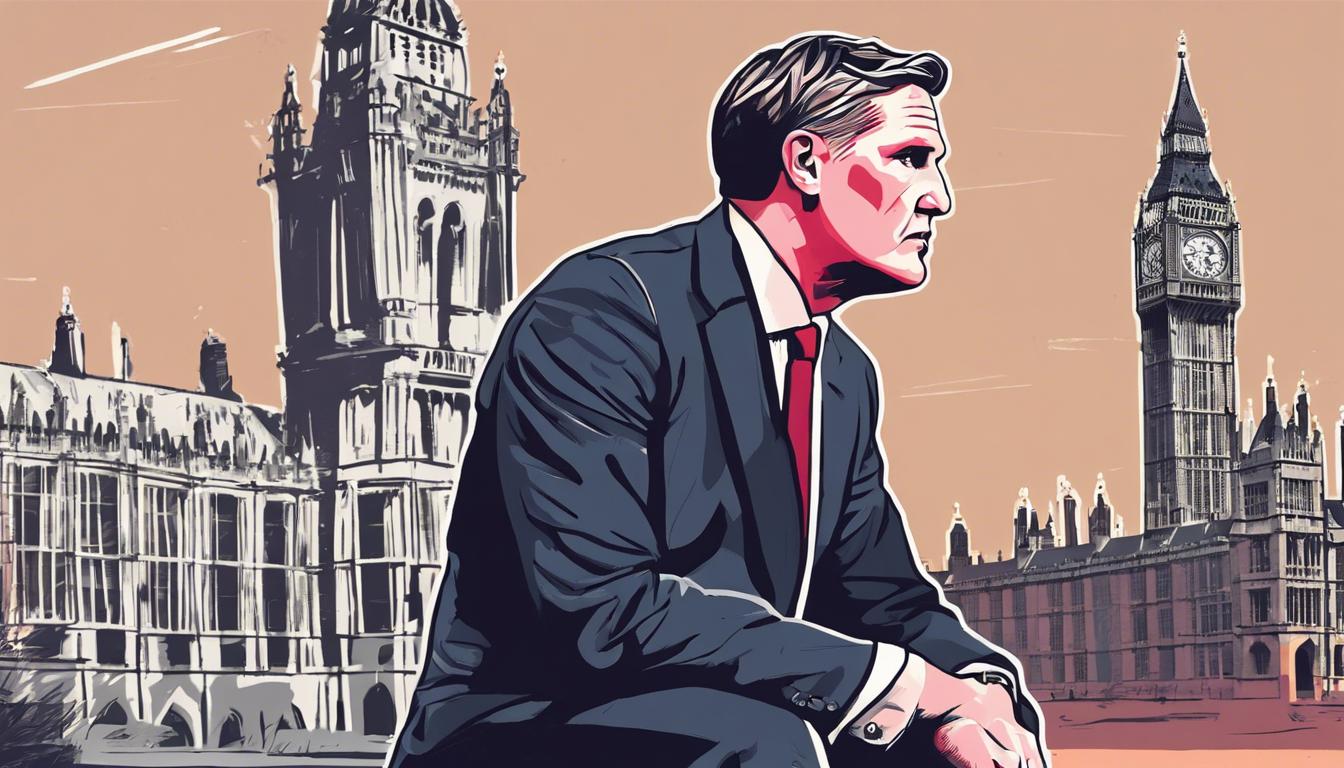Under the helm of Sir Keir Starmer, the Labour Party confronts significant electoral challenges unlike those during Tony Blair’s tenure, amidst rising concerns over Pro-Palestine protester intimidation towards party members.
In recent analyses, the Labour Party, under Sir Keir Starmer’s leadership, is confronted with significant challenges as it aims to replicate former Prime Minister Tony Blair’s 1997 landslide victory in the upcoming election. The economic and social climate differs notably from 1997, marked by lower wage growth, higher public sector debt now exceeding 90%, and less affordable housing. Additionally, public confidence in politicians has decreased, further complicating Labour’s path to a significant victory. Compared to Blair’s era, when economic growth stood at 4.9%, current forecasts predict a mere 0.6% growth rate. This environment, combined with lower popularity ratings for Starmer and his team compared to their 1997 counterparts, indicates the difficulties Labour faces in achieving a similar electoral triumph.
In a separate event, nearly 40 UK MPs and councillors have become the focus of Pro-Palestine protesters, with a leaked dossier documenting incidents of intimidation and abuse directed primarily at members of the Labour Party, including Sir Keir Starmer. These incidents, occurring between January and March amidst the Israel-Hamas conflict, have prompted responses from political leaders and government officials. Protesters, aiming their grievances at Labour representatives like Starmer and Shadow Foreign Secretary David Lammy, have employed disruptive tactics and provocative slogans, causing some planned events to be cancelled. The government and the Home Office have condemned these intimidation strategies, stressing the importance of safeguarding democracy and the safety of elected officials. Lord Walney, the independent adviser on political violence, and the Palestine Solidarity Campaign have commented on the situation, with the latter advocating for peaceful protest while denouncing intimidation and fear tactics.













